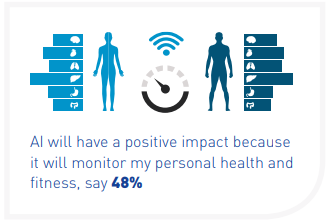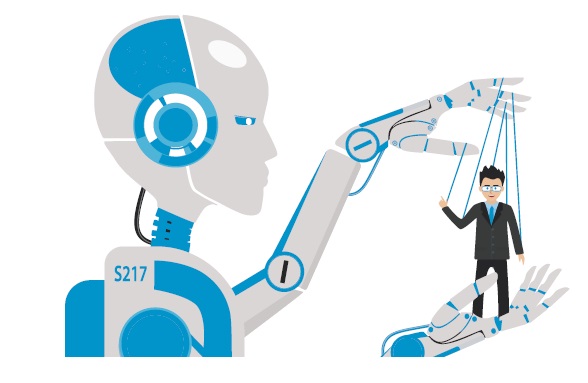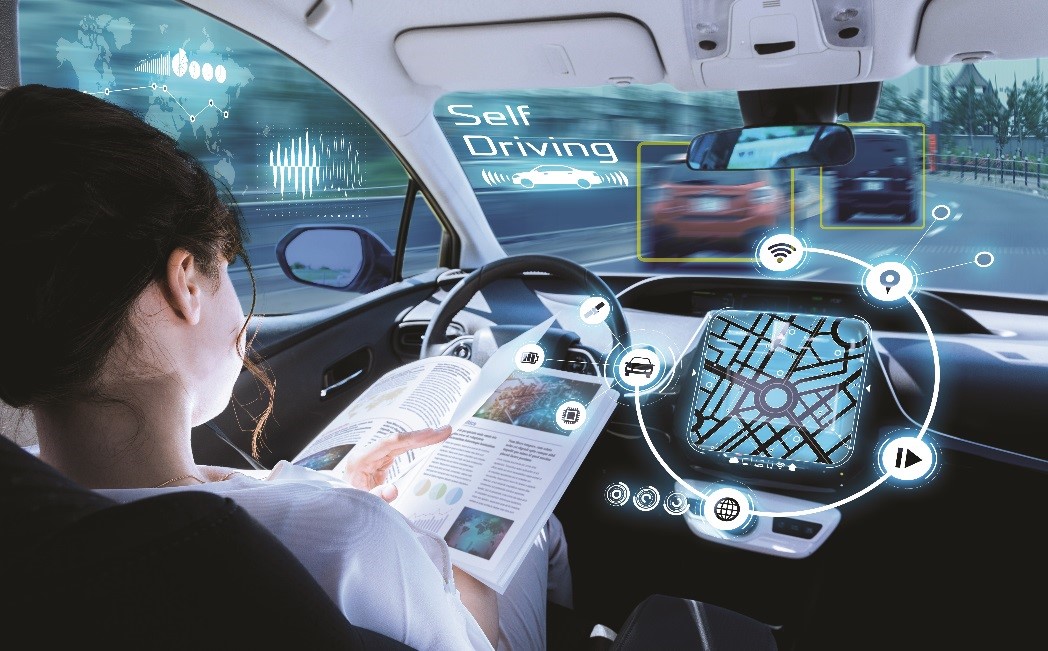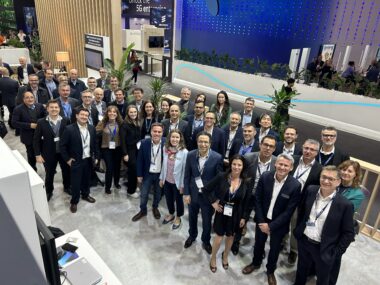Believe it or not the quest for artificial intelligence (AI) began over 70 years ago, with the idea that computers will one day be able to think like us. New approaches to AI coupled with advances in technology in the last 25-30 years mean that we may be close to realizing this. American author, computer scientist and inventor Ray Kurzweil recently said that:
“Artificial intelligence will reach human levels by around 2029. Follow that out further to, say, 2045, we will have multiplied the intelligence, the human biological machine intelligence of our civilization a billion-fold.”
How realistic is Kurzweil’s prediction? Well, until recently, the idea of AI was something that we only saw in Hollywood films like the Terminator, Blade Runner, The Matrix and Ex Machina. And in each of these, AI isn’t exactly portrayed in a good light. But in the past few years, it has become a regular topic in the news agenda due to the fast pace of development of the technology.
What is more, it’s now part of our everyday lives. Think about virtual personal assistants like Siri and Google Now, connected cars, chatbots and online customer support – they all rely on AI and machine learning.
The technology has developed to such an extent that it is now being used in scientific and pharma innovation, cybersecurity, and fraud detection.
For example, British cybersecurity company Darktrace uses self-learning artificial intelligence to uncover cyber threats and stop them without human interaction. The company describes that its tool works just like the human immune system would respond and fight viruses. Another example is Benevolent AI – a company that uses AI to mine and analyze biometrical information, from clinical trials data to academic papers, enabling researchers to come up with more conclusive hypothesis in less time.
As part of our Connected Living III study, we asked consumers for their opinions on AI and what they think the impact of the technology on their lives would be in 2030. So, would Ray Kurzweils’ prediction that AI will reach human level by 2029 become reality? Let’s find out!
Positive impact of AI on people’s lives

The rise of AI instils in us a mixture of emotions given its potential capabilities. Encouragingly, 71% of consumers do believe that it has the potential to change their lives for the better. Furthermore, over three quarters (78%) believe that AI will positively impact them as part of society by 2030. Unsurprisingly, AI is largely accepted by the majority of consumers who clearly want the quality of life that this technology is seen as potentially being able to bring.

When we delved deeper into which areas of life this technology would be able to offer the most benefits to, the top three were:
- monitoring personal health & fitness (48%)
- assisting when going outside by advising on the weather & planning routes (46%)
- benefits for schools (42%)
Level of global acceptance of AI and associated fears
Countries such as China (95%) and Brazil (85%) seem to be the most enthusiastic about having AI as part of their lives in 2030, compared to a much lower proportion from European countries like France (59%) and Germany (56%). This may be because of the regional differences we have seen in the anticipation of a seamless IoT experience, which AI could contribute to. However, the trend is the same, since there is a general level of acceptance, only the scale changes.
In fact, those from Europe are generally less likely to be optimistic about the impact of AI, while those from Japan are not far behind emerging countries, possibly because of the highly computerized nature of this country.

However, despite the high level of acceptance in AI, 51% admit that this technology scares them, possibly because of the low level of trust around having less privacy and feeling less safe and secure, amplified by what they read in the press (issues with autonomous cars and Alexa listening to and recording people’s private conversations) about AI’s potential power.
Out study shows that fast-developing countries such as China, Japan and Brazil tend to focus on the benefits brought by the innovation. On the other hand, in Europe people are very cautious about the data privacy which could be put at stake by innovation.
Is AI secure?

Techno-philosopher Gray Scott recently said that “you have to talk about ‘The Terminator’ if you’re talking about artificial intelligence. I actually think that that’s way off. I don’t think that an artificially intelligent system that has superhuman intelligence will be violent. I do think that it will disrupt our culture.”
It seems that half of our survey respondents do think about ‘The Terminator’ in the context of AI, because they find it scary. This is perhaps fueled by the numerous stories in the press about how AI will steal our jobs as well as the power of AI portrayed in sci-fi films. So, despite most consumers seeing the value in AI and wanting it to play a bigger role in 2030, a majority of them have concerns about their privacy (50%), communication (49%) and the threat of increased job losses (44%).
So, what will the future bring for AI and consumer adoption? Well, the truth is that consumers won’t experience the positive impact of the technology until their security and privacy concerns are fully addressed. AI is an essential component of our connected future and it can only make our lives easier, provided that security is front-of-mind for the organizations developing AI-driven services. If they want to ensure widespread adoption, they are going to have to create a secure foundation from which to build on.
Also, regional nuances that we saw are an important element for organizations to consider when rolling out new AI-driven services – a one size fits all approach may not work everywhere.
You can find more information about the global Consumer Survey Connected Living III, here.
What do you think about the impact of AI on our lives ten years from now? Let us know in the comments below or by tweeting us @Gemalto.


